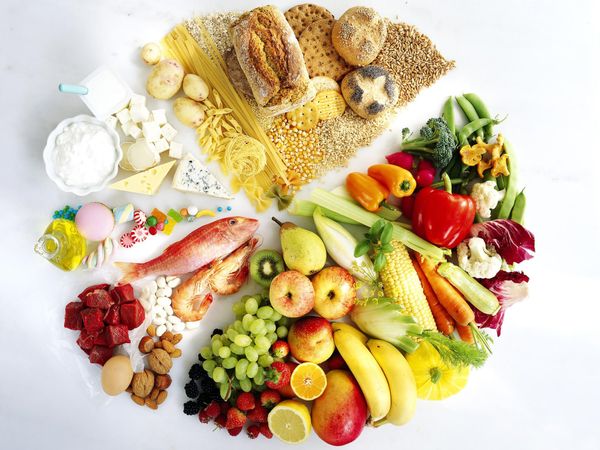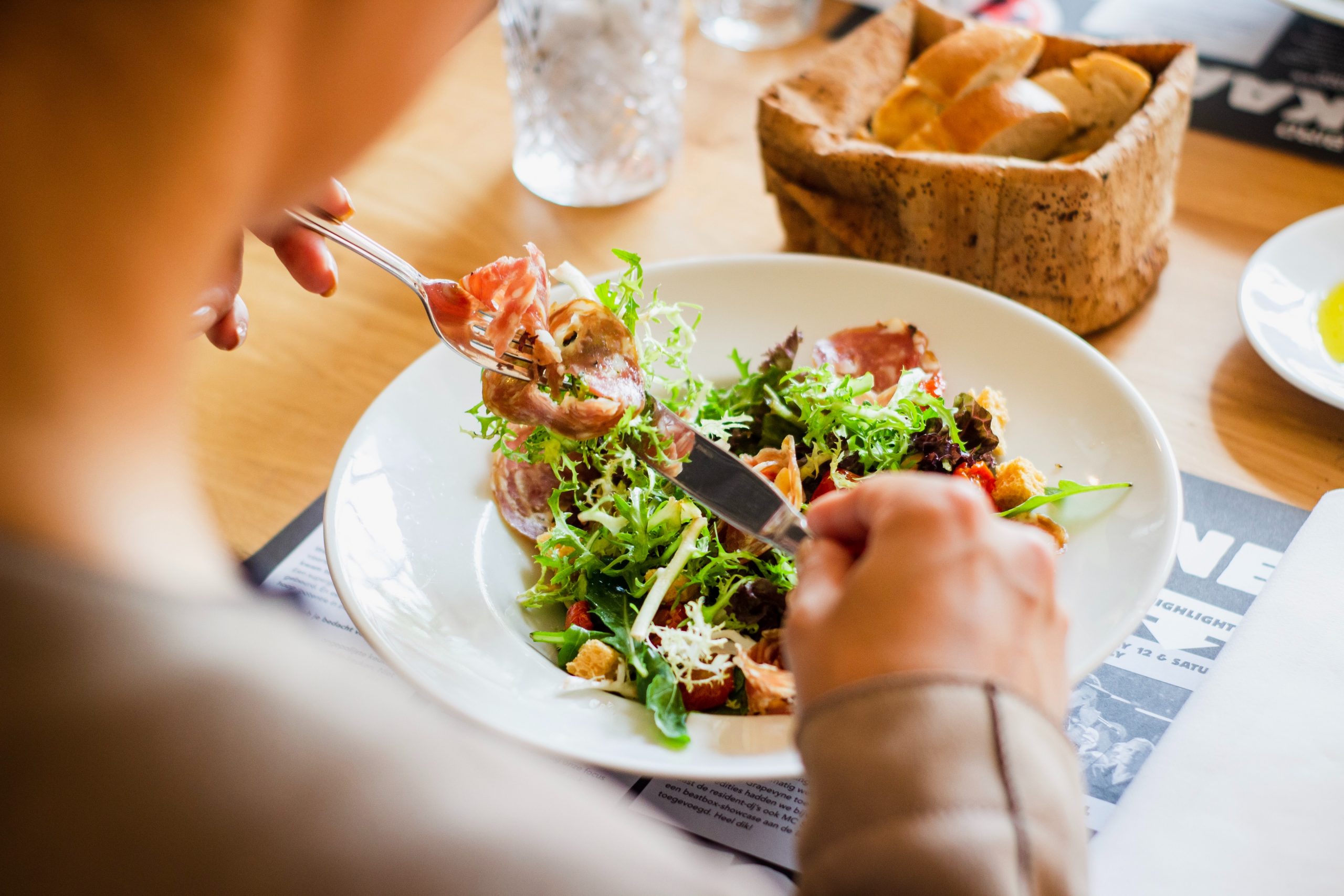Consuming caffeine may offset some unhealthful consequences of an obesity-inducing diet, according to a new study in rats.

Scientists at the University of Illinois at Urbana-Champaign fed rats a high-fat, high-sugar diet. They then gave some of the rodents caffeine extracted from mate tea and others decaffeinated mate tea.
The rats that consumed the caffeine extract gained 16% less weight and 22% less body fat than those that consumed decaffeinated mate.
The anti-obesity effects were similar among rats that consumed synthetic caffeine or caffeine extracted from coffee.
By studying the rats’ cells, the scientists found that caffeine exerts some of its effects by altering the expression of certain genes.
They report their results in a recent Journal of Functional Foods study paper.
“Considering the findings,” says corresponding study author Prof. Elvira Gonzalez de Mejia, Director of Nutritional Sciences at the university, “mate tea and caffeine can be considered anti-obesity agents.”
Caffeine reduced body fat accumulation
The team fed six groups of rats a high-fat, high-sugar diet for 28 days. In addition, they supplemented the diet of five of the groups with one of the following: synthetic caffeine, mate tea containing caffeine, caffeine extracted from mate tea, caffeine extracted from coffee, and decaffeinated mate tea.
The amount of caffeine was equivalent to the amount that humans ingest from drinking 4 cups of coffee per day.
After 28 days, there was a marked difference in lean body mass among the six groups of rats. The rats that had consumed caffeine from any source had gained less body fat than their counterparts in the noncaffeine group.
There was a close link between the storage of lipids in fat cells, the gain in body weight, and the increase in body fat.
The findings add to increasing knowledge about the potential for mate tea to help combat obesity. This is in addition to other health benefits conferred by the vitamins, flavonoids, and phenolic compounds in the herbal tea.
Mate, or yerba mate, is a beverage made from the leaves of the tree Ilex paraguariensis St. Hilaire. It is a popular drink in South America, where consumption in countries such as Brazil, Chile, Argentina, Paraguay, and Uruguay can reach 3–10 kilograms per capita.
The drink has become a popular alternative to black tea and coffee because of its reputation as protective against infection, obesity, diabetes, and cardiovascular conditions.
A typical serving of mate contains between 65 and 130 milligrams (mg) of caffeine. A cup of brewed coffee, in contrast, can contain 30–300 mg of caffeine.






Leave A Comment
You must be logged in to post a comment.